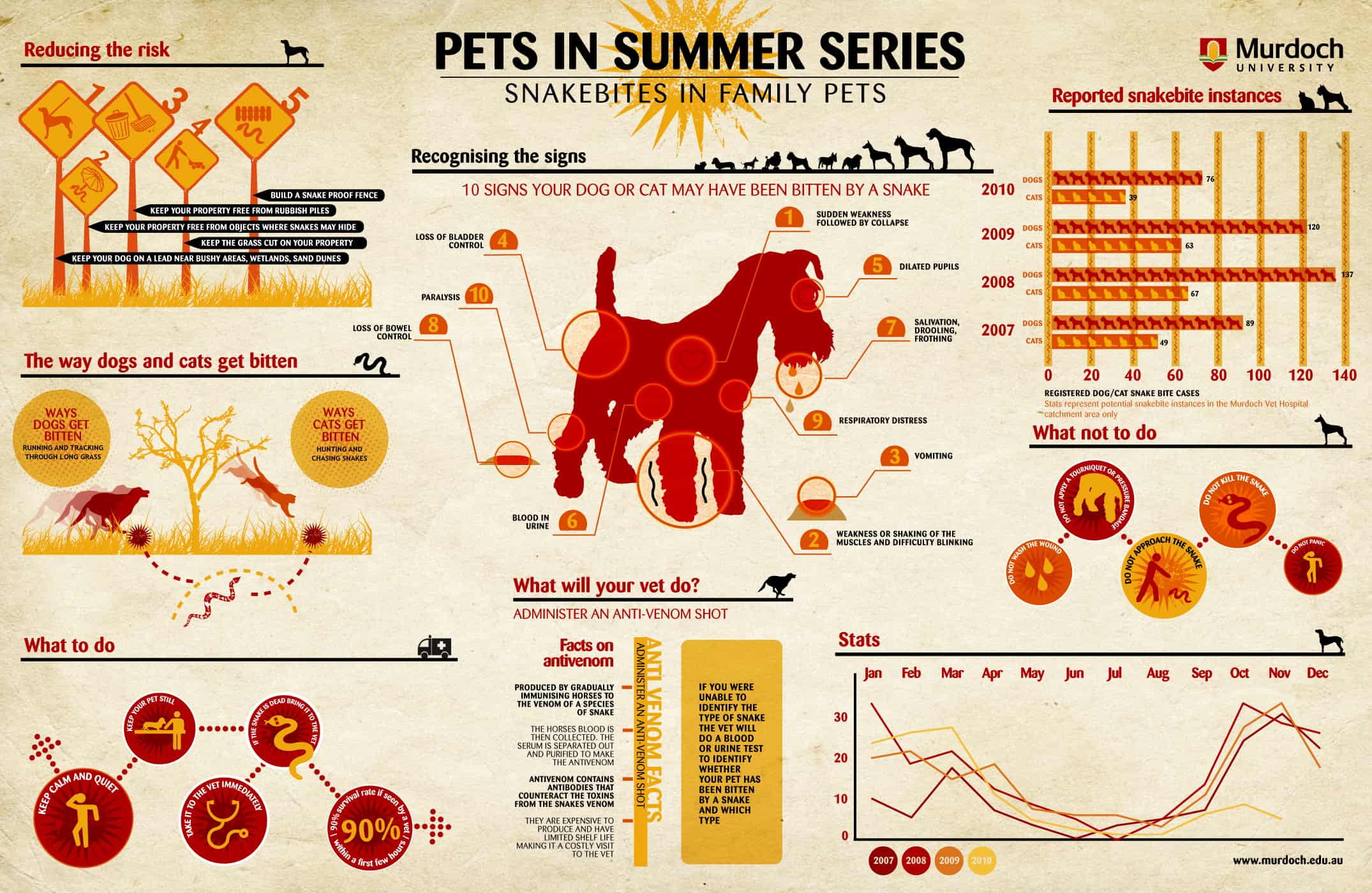How Dog Daycare Supports Your Dog’s Mental Health
How Dog Daycare Supports Your Dog’s Mental Health
Blog Article
Is Dog Childcare Stressful?
Lots of dogs like childcare and more than happy to be with their hair siblings all day. Nevertheless, for some dogs it can be difficult.
Search for a center with licensed trainers and behaviorists that are on the flooring in all times, watching over the group play. This is particularly vital for dogs who are reactive, display source guarding or become antisocial or obsessive.
1. Congestion
For several dogs, daycare is a positive experience that supplies physical and psychological workout to burn pent up energy. Nevertheless, the influx of brand-new pet dogs, scents and settings can be overwhelming for some canines.
Canines must be coupled with various other pets that are comparable in dimension, age, socialization and play style to guarantee security and stop overstimulation. Nevertheless, congestion prevails at pet day cares and can cause personality clashes and bullying that lead to injuries.
Ask what safety measures the facility takes to keep your puppy risk-free. For instance, exists an exterior room for dogs to escape the crowds? Does the facility have regular breaks for your pup to calm their nerves? Ask what kind of first aid and CPR training employees have and if they know with administering medication to your pet. Also, it is essential to ensure your canine's food and medications are in a labeled bag that daycare team can promptly accessibility.
2. Adjustments in regular
Completion of summertime is coming and with it comes huge adjustments as kids go back to college and individuals go back to their work routines. This can be stressful for your pup. They'll miss out on all the walking and play you do together and might begin to feel bored. Their behavior could transform as well, such as extreme barking or damaging behaviors.
Dogs enjoy regular, so an unexpected shift in their daily regimen can trigger them tension. Ensure to plan in advance and slowly change your feeding and walk times in the weeks leading up to back-to-school. This will certainly aid your canine adjust to their new timetable and minimize any type of unwanted actions.
Childcare is an exceptional way for dogs to obtain lots of physical and mental workout, particularly if they are young or energetic. They additionally get socialization experiences that will construct self-confidence and good behaviors, which can help them manage the anxiousness they may experience from points like journeys to the vet, visits to your office or home and other stressful occasions.
3. Separation anxiety
The drop off and grab process can be a bit difficult for canines, especially when it's the very first time. Numerous dog childcares provide a regular day-to-day schedule, and with time this assists pets feel comfortable and safe while they're away from their proprietors.
Structured playtime, structured pause and normal treat times all aid canines create a sense of knowledge and predictability. This, integrated with favorable reinforcement, aids ease splitting up anxiety signs and symptoms.
Socialization additionally keeps pets physically and emotionally occupied, which can make them much less responsive to stressors when they're home. This, in addition to positive support, helps to minimize anxiety and boost self-esteem.
4. Unsupervised play
Canines that are not socialized consistently can end up being anti-social-- this is often viewed as canine aggression. This can occur even in a well-managed childcare setting, so make certain to view the dogs very carefully. Search for a proportion of 11 or less pets to floor individuals. Team must be playing and interacting with the pets, not sitting at their workdesks or staring at their phones.
The center ought to have a silent area where the pets can unwind and dog days daycare & boarding reenergize between play sessions. This is especially crucial for high-energy breeds that need to burn extra power or low-energy older dogs.
Ask the personnel what they do to keep the pet dogs calm. They must use positive support (praise, stroking, play) and never ever utilize physical penalty or aversives. They ought to additionally be trained in pet dog first aid and mouth-to-mouth resuscitation. Lastly, the facility needs to have an effective procedure for feeding times to stop food hostility.